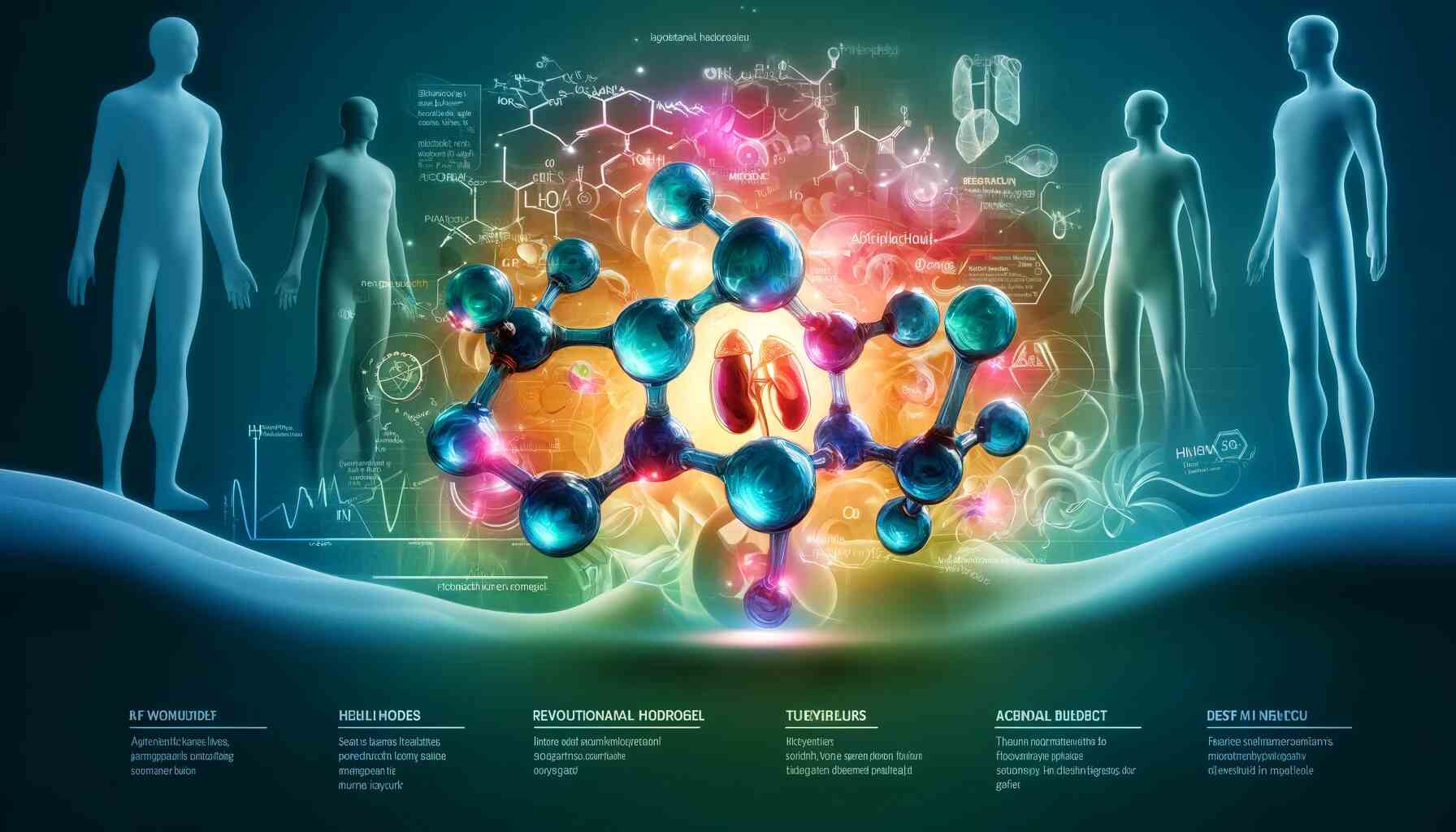Physical Address
304 North Cardinal St.
Dorchester Center, MA 02124
Physical Address
304 North Cardinal St.
Dorchester Center, MA 02124

In a significant scientific breakthrough, researchers from ETH Zurich have developed a novel hydrogel capable of reducing alcohol’s toxicity. This innovative approach uses a protein gel to break down alcohol in the gastrointestinal tract before it reaches the bloodstream, significantly reducing the harmful effects on the body.
Alcohol consumption is linked to a range of health issues, including liver diseases like cirrhosis, pancreatitis, certain types of cancer, and other organ damages. The World Health Organization highlights that alcohol contributes to millions of deaths worldwide annually, underscoring the critical need for more effective treatment options.
The hydrogel is a result of interdisciplinary research involving biochemistry and chemical engineering. It works by enhancing enzymatic reactions that convert alcohol into harmless acetic acid directly in the gastrointestinal tract, rather than allowing it to enter the bloodstream where it could cause intoxication and damage. This shift from the liver to the digestive tract prevents the formation of acetaldehyde, a toxic byproduct usually produced when the liver processes alcohol.
In trials conducted on mice, the hydrogel has shown to reduce alcohol levels significantly. After administration, it lowered blood alcohol concentrations by up to 56% compared to control groups, also reducing stress markers in the liver and other alcohol-related organ damages. These findings suggest the gel’s potential to protect against liver and kidney damage commonly associated with alcohol consumption.
The development of this hydrogel marks a potential turning point in treating alcohol-related health issues. The next steps involve clinical trials to evaluate the safety and efficacy in humans, a necessary precursor to FDA approval. The gel’s ability to prevent the absorption of alcohol into the bloodstream could revolutionize emergency responses to alcohol poisoning and long-term management of alcohol consumption.
Expert Opinions: Professor Raffaele Mezzenga and his team, who led the project, believe this hydrogel represents a major advance in medical treatments for alcohol-related health issues. The gel is seen as a proactive measure to mitigate the harmful effects of alcohol without needing to abstain completely.
The innovative hydrogel from ETH Zurich offers new hope for effectively reducing the harmful impacts of alcohol consumption. As research progresses, this technology holds the promise not only to improve individual health outcomes but also to significantly influence public health strategies related to alcohol consumption.
For more detailed information on the revolutionary hydrogel that reduces alcohol’s harmful effects, you can check out the original research article published in Nature Nanotechnology and other resources from ETH Zurich:
These links provide comprehensive details and further insights into the development and testing of the hydrogel.